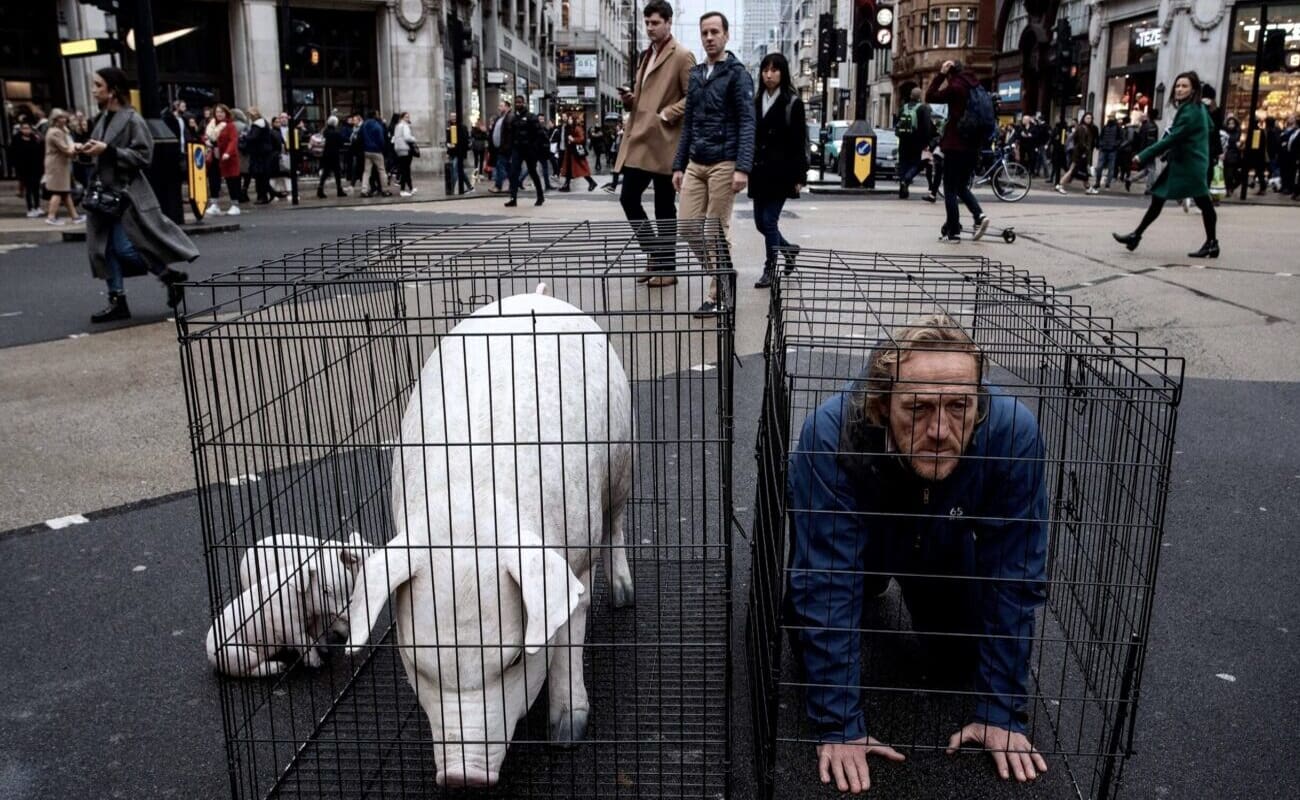The intersection of mental health and our relationship with animals is often overlooked but deeply significant. This category explores how systems of animal exploitation—such as factory farming, animal abuse, and wildlife destruction—can have profound psychological impacts on both individuals and society at large. From the trauma experienced by slaughterhouse workers to the emotional toll of witnessing cruelty, these practices leave lasting scars on the human psyche.
At the societal level, exposure to animal cruelty—whether directly or through media, culture, or upbringing—can normalize violence, reduce empathy, and contribute to broader patterns of social dysfunction, including domestic abuse and aggression. These cycles of trauma, particularly when rooted in childhood experiences, can shape long-term mental health outcomes and diminish our collective capacity for compassion.
By examining the psychological effects of our treatment of animals, this category encourages a more holistic approach to mental health—one that recognizes the interconnectedness of all life and the emotional cost of injustice. Recognizing animals as sentient beings worthy of respect may, in turn, be essential to repairing our own inner worlds.
Animal cruelty and child abuse are interconnected forms of violence that reveal troubling patterns within society. Research increasingly shows how these acts often stem from similar underlying factors, creating a cycle of harm that impacts both human and animal victims. Recognising this connection is essential for developing effective strategies to prevent abuse, protect the vulnerable, and promote empathy across communities. This article examines the shared risk factors, psychological effects, and warning signs associated with these issues while highlighting ways professionals and advocates can collaborate to address them. By understanding the link between animal cruelty and child abuse, we can work towards meaningful change that safeguards lives and fosters compassion


























































